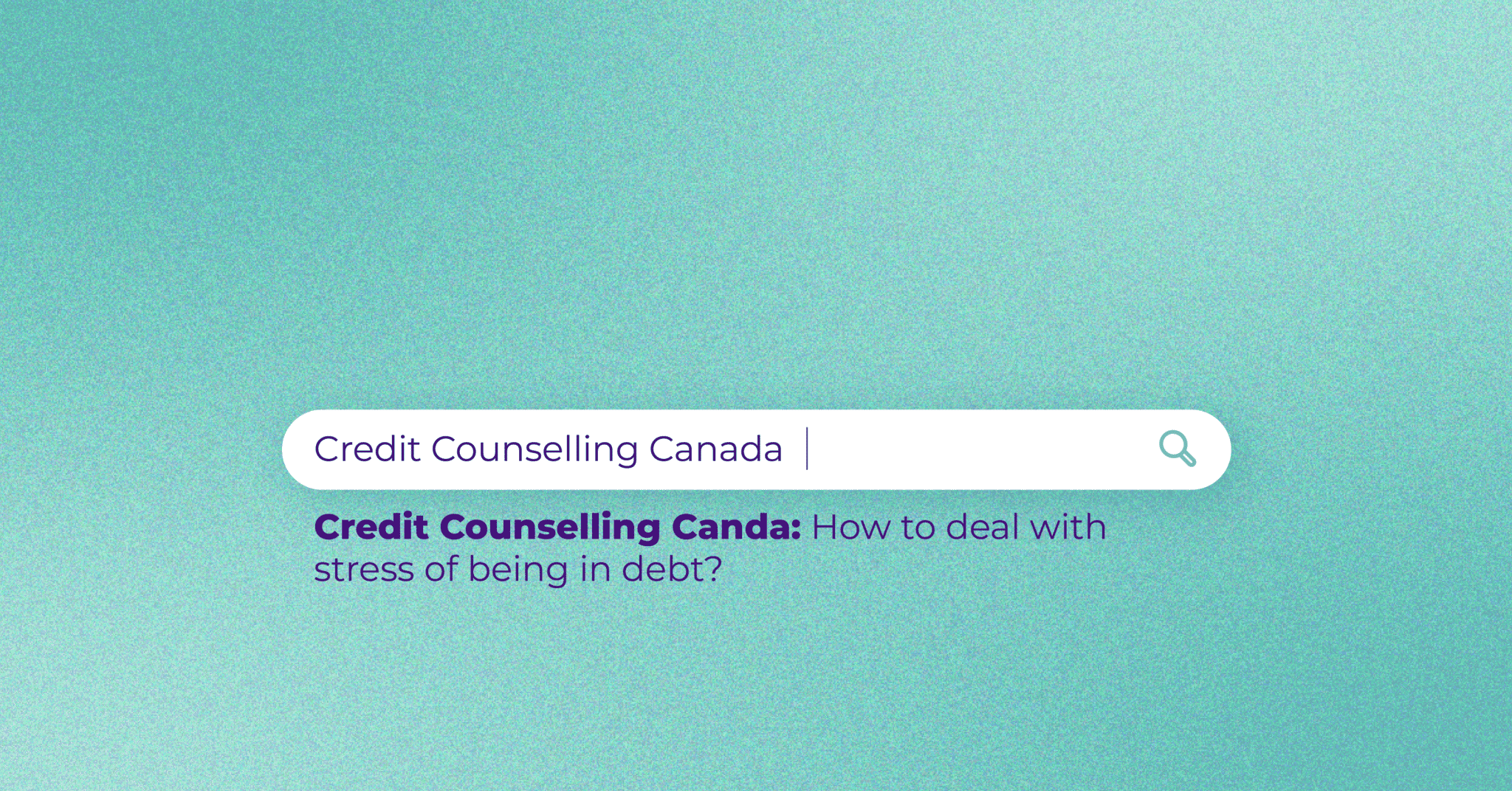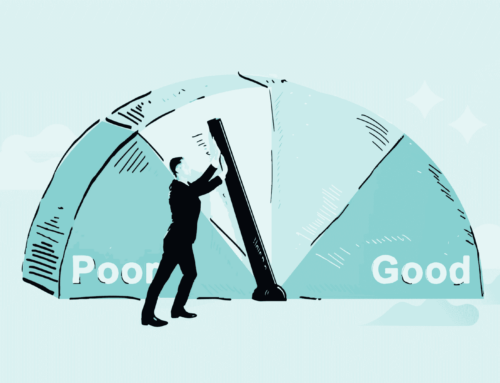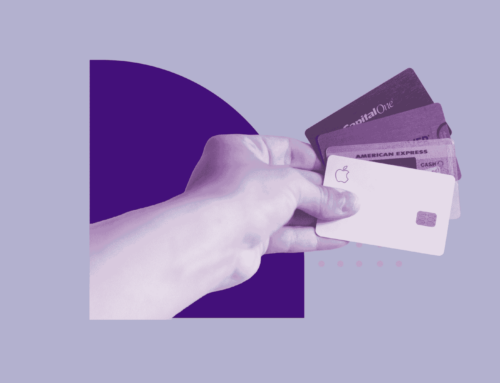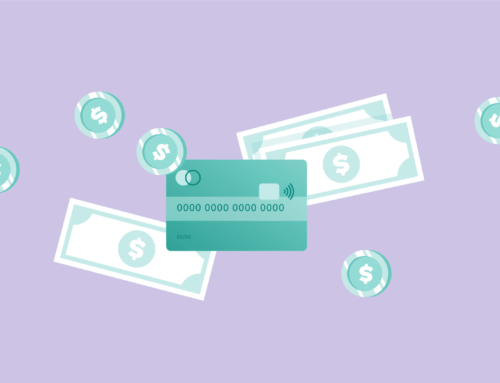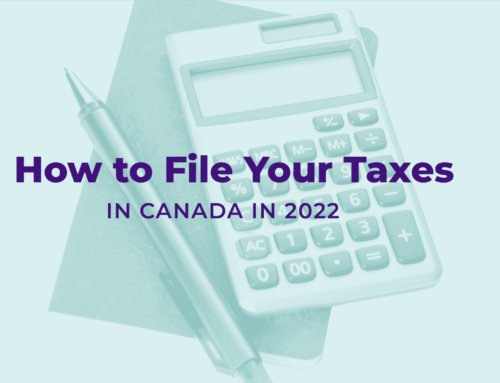If you’re struggling with credit card debt, you’re not alone. According to a 2019 report by Statistics Canada, nearly 30% of Canadians have credit card debt.
This can be a stressful and overwhelming situation. If you’re feeling overwhelmed and don’t know where to start, credit counselling may be the answer for you.
In this article, we’ll discuss what credit counselling is, how it can help you deal with your stress and some of the benefits of enrolling in a credit counselling program.
Debt Collection: A Quick Overview
If you’re behind on your credit card payments, you may be contacted by a debt collector. Debt collectors are businesses or individuals that collect overdue debts for creditors. In Canada, there are two types of debt collection:
First-party debt collectors are businesses that work directly for the creditor. They typically contact you to set up a payment plan or offer other options to help you pay off your debt.
Third-party debt collectors are businesses that the creditor hires to collect the debt. They may contact you by phone, mail, or email to try to collect the debt.
There are a few things you should know about debt collection in Canada:
You have the right to request that a creditor or debt collector stop contacting you.
Debt collectors must follow certain rules when they contact you, including treating you fairly and not harassing you.
If you’re being harassed by a debt collector, you can file a complaint with the police. You can’t be arrested for not paying a debt.
A creditor or debt collector can get a court order to garnish your wages or seize your bank account, but this is generally only done as a last resort.
What is Credit Counselling?
Credit counselling is a service that helps people manage their credit and debt. Credit counsellors work with people to create a budget, reduce their expenses, and develop a plan to pay off their debts.
Credit counselling is usually provided by credit counselling agencies. These agencies are nonprofit organizations that offer services to help people manage their credit and debt.
There are many credit counselling agencies across Canada, so it’s important to choose one that is reputable and accredited.
What are the Benefits of Credit Counselling?
There are many benefits of credit counselling, including:
- Learning how to manage your money and credit
- Developing a budget
- Reducing your expenses
- Creating a plan to pay off your debts
Getting help from a credit counsellor can also help you deal with the stress of being in debt. Credit counsellors are trained to provide emotional support and guidance.
If you’re struggling with credit card debt, credit counselling may be the answer for you.
Government Debt Relief Programs 2022
Government help with credit card debt is available through credit counselling agencies. These agencies offer services to help people manage their credit and debt.
The programs offered depend on the agency, but they are overseen and regulated by the government.
For example, the government debt relief programs in 2021 focused heavily on COVID-19 relief. While the 2022 programs will continue to provide relief for those struggling with credit card debt.
How to Get Unpaid Collection Removed From Credit Report Canada
If you have unpaid collections on your credit report, you may be able to get them removed by negotiating with the creditor or debt collector.
The first step is to send a “goodwill letter” to the creditor or debt collector. This is a letter that explains your situation and asks the creditor or debt collector to remove the unpaid collection from your credit report.
If the creditor or debt collector agrees to remove the unpaid collection, you should get a letter from them confirming this. Once you have this letter, you can contact the credit reporting agency and ask them to remove the unpaid collection from your credit report.
You can also try to negotiate with the credit reporting agency to have the unpaid collection removed from your credit report.
If you’re successful in getting the unpaid collection removed from your credit report, it will improve your credit score.
How Long Can Debt Collectors Try to Collect in Canada?
You might wonder “When do collection agencies give up?” In Canada, creditors and debt collectors have six years to try to collect a debt.
However, there are some exceptions to this rule.
For example, if you make a partial payment on a debt, the six-year period starts over from the date of the last payment.
Also, if you acknowledge in writing that you owe the debt, the six-year period starts over from the date of the acknowledgment. If a creditor or debt collector sues you and gets a judgment against you, the six-year period starts over from the date of the judgment.
Why You Should Never Pay a Collection Agency in Canada
There are a few reasons why you should never pay a collection agency in Canada.
First of all, if you pay a collection agency, it doesn’t mean that the debt will be removed from your credit report. The debt will still appear on your credit report for six years from the date of the last activity.
Secondly, when you pay a collection agency, they will likely report the payment to the credit reporting agencies. This will reset the six-year clock, and the debt will appear on your credit report for another six years.
Lastly, paying a collection agency doesn’t always stop them from trying to collect the debt. They may still call you or send you letters even after you’ve paid them.
If you’re struggling with credit card debt, there are other options available to you. You can try to negotiate with your creditors or contact a credit counselling agency for help.
Paying a collection agency is not the best option and should be avoided if possible.
Tips to Deal With Debt Stress
If you’re struggling with credit card debt, it can be a very stressful experience. Here are some tips to help you deal with the stress of being in debt:
Talk to someone who can help: If you’re feeling overwhelmed by your debt, talk to a credit counsellor or financial advisor. They can help you develop a plan to pay off your debt.
Create a budget: One of the best ways to get control of your finances is to create a budget. When you know where your money is going, it’s easier to make informed decisions about how to save money and pay off debt.
Set realistic goals: Trying to pay off all of your credit card debt in one month is probably not realistic. Set smaller, achievable goals so you can stay on track and avoid getting overwhelmed.
Make a plan: Once you’ve created a budget and set some goals, it’s time to make a plan. Decide how much you can realistically afford to pay towards your credit card debt each month. Then, stick to your plan.
Ask for help: If you’re struggling to make ends meet, don’t be afraid to ask for help. There are many organizations and government programs that can help you get out of debt.
Dealing with credit card debt can be stressful, but it doesn’t have to be overwhelming. With a little planning and some help, you can get control of your debt and start working towards a brighter future.
Dark Side of Debt: Mental Health Impacts
Debt can have a major impact on your mental health. If you’re struggling to make ends meet, it can be easy to feel hopeless and helpless. The stress of being in debt can lead to anxiety, depression, and even suicidal thoughts.
Dealing with Anxiety and Depression
If you’re struggling with anxiety or depression, there are some things you can do to get help. Talk to your doctor about your symptoms and see if they can refer you to a therapist. There are also many online resources that can help you deal with anxiety and depression.
Battling Physical Ailments
The stress of being in debt can also lead to physical problems. Some people may experience headaches, stomachaches, or trouble sleeping. If you’re struggling with physical symptoms, it’s important to see a doctor to rule out any underlying health conditions.
Enforcing Healthy Habits
If you’re struggling with debt, it’s important to take care of yourself. Make sure you’re eating healthy meals, exercising regularly, and getting enough sleep. These healthy habits will help you deal with stress and make better decisions about your finances.
Finding Support In Your Relationships
If you’re struggling with debt, it’s important to lean on your friends and family for support. These people can provide emotional support and help you stay accountable as you work to get out of debt.
Debt Relief Programs: Get Credit Counselling Today
Credit counselling is the best way to get out of debt. You don’t have to do this alone; there are programs and agencies that can help you. Credit counselling services will work with you to create a budget and pay off your debt.
In the mean time, if you want to research more on debt solutions. Check out our new CreditMeds solution today! CreditMeds is a free and no obligation online assessment tool that determines the most optimal debt solution for you. We understand how easy it is to get consumed by the stress of debt. We designed CreditMeds to show you the pros and cons of each option and to empower you to feel confident in your next decision!


